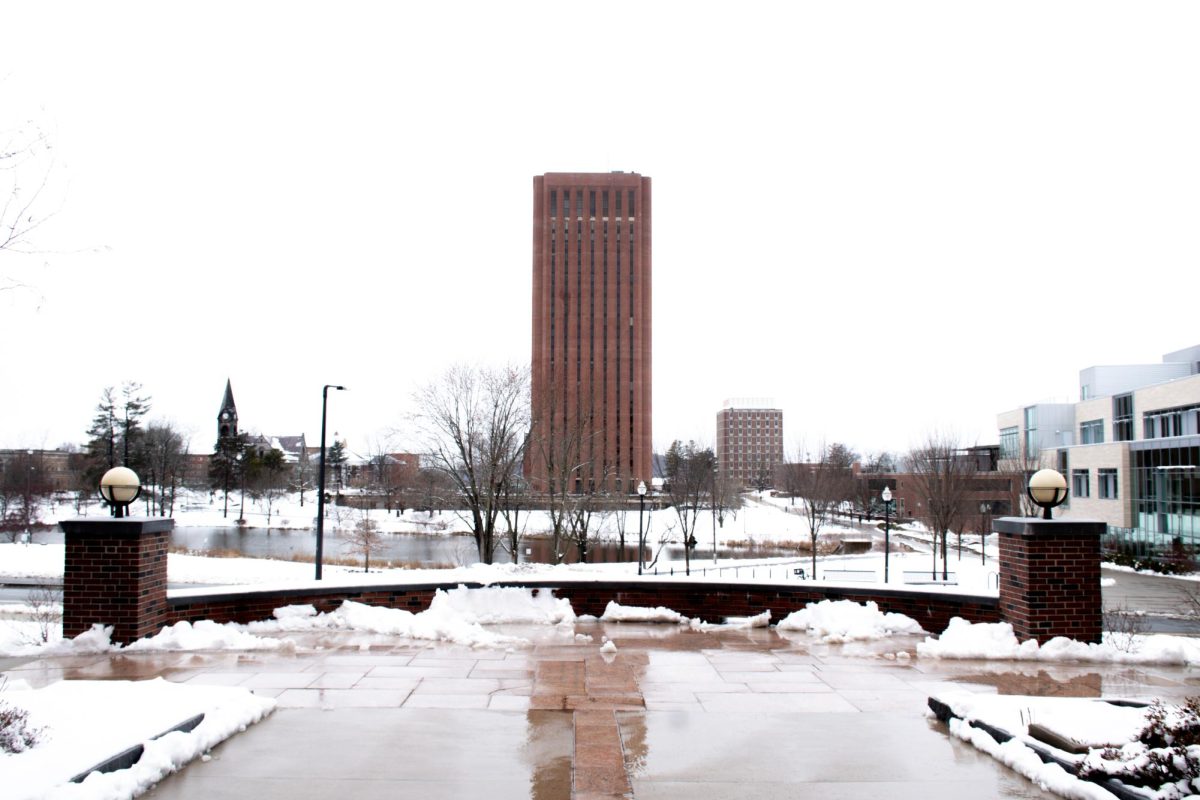“Were you born in the United States?”
“Is that your real name?”
“Are you Korean?”
These are the kinds of questions that I face constantly. Someone actually asked if I was born here just over the holidays, when I spent New Year’s with my friend.
Although I should be used to them by now, I am still always taken aback by these questions or any variation of them. And every time I get asked a question like that, the same thought comes to mind: How does whether or not I was born in the United States concern you, and what does my race have to do with what we’re discussing?
Of course, there are some instances where people are genuinely interested in getting to know me or genuinely curious about my heritage, but those questions can nevertheless make non-white people feel excluded.
When coming to college, one topic of major importance and discussion is the kind of financial aid we might receive. One of the main factors discussed is the lack of diversity that many schools have and how non-white people might be able to capitalize on that issue.
This is all well and good when it comes to being able to pay for college, but when you actually go to that school, you become their statistic and when you arrive, you’re faced with those questions that differentiate you from everyone else, forcing you to be different when all you want is to fit in.
Why are the instincts of so many to immediately determine how dissimilar we are? In so many of these encounters, I have been left feeling offended and perplexed. Not only have I been spoken to in a condescending manner that has left me feeling like I was less than, I also find myself questioning the validity and soundness of these questions in the context of what was being discussed.
First, how does the fact of being born in the United States affect you in any manner? And if I wasn’t born in the United States, where would that knowledge take the conversation?
Second, I give you the name that I want to be called; it’s not a suggestion for you to choose which name you like better. No one would ask if you have a middle name and start referring to you as that without your permission, so don’t do that to me.
Finally, I am not Korean; I’m Chinese. Over the summer, when I worked as a canvasser for an environmental campaign, that fact somehow became relevant. I initiated a conversation on the street with an old woman by saying, “We’re working to protect the environment, can you help?”
She replied with a question of her own: “Do you support Donald Trump?” When I told her that I didn’t, she asked, “Are you a supporter of Hillary Clinton?” I responded, “Not necessarily.”
She went on to ask, “Is it because they’re white?”
At that point, I was completely taken aback by the turn of the conversation, but she continued and asked me where I was from. I said, “I’m from New York,” and she said, “No, I mean where’s your family from? What race are you?”
At this point, I became very annoyed and asked, “What does race have to do with anything? We are talking about the environment.” She asked if I was Korean and, with a raised voice, I said “No, I’m not Korean. What does race have to do with this?”
The old woman said, “Well, depending on where you’re from, it shapes the way you think. You see, they are smart. You have to be smarter, like them. Be smarter, like them. I am a psychologist, so I know about these things.” (It’s not clear who she meant when she said “them.”)
I think back to this conversation frequently, because this encounter is one that left me feeling the most offended and distraught; this initially innocent conversation made me feel inferior. It’s questionable whether she was comparing me to Trump and Clinton or Koreans, but in either case, she had implied that I was not as smart as they are. This woman who I had just started talking to and who had no prior knowledge about me whatsoever made the most irrational conclusions with no forethought or consideration to how what she would say could affect me.
It’s nothing more than a matter of respect and consideration for someone that you may see as foreign to you. Their race or ethnicity shouldn’t affect your perception of them, so why bother asking?
Bonnie Chen is a Collegian contributor and can be reached at [email protected].




















Ben • Feb 10, 2018 at 6:53 pm
Bonnie Chen, you are overly sensitive. Stop.
The reason people ask where you’re really from is because most Asian-Americans are not many generations removed from an Asian country. This is not racism because it involves no animus.
By the way, it’s not true that “non-white people” get asked this question a lot. Blacks, for example, are not routinely asked if they are from somewhere else, not unless they speak with a foreign accent. That’s because black Americans have roots here almost as deep as white Americans. No one is walking up to Jesse Jackson and saying, “Yeah you say you’re from Chicago–but where are you REALLY from?”
You’re just trying to jump on the victim bandwagon.
john aimo • Feb 2, 2018 at 1:57 am
How the person approached the topic was rude; she was probably just a rude person. To ask someone’s their background isn’t rude at all, it’s perfectly normal. It’s as if there is some assumption that not asking someone’s background will magically change in a person’s mind the ‘perception’ of that person being different.
I didn’t state one culture is better than the other, and I stated beyond one’s ‘culture’, different types of people are fundamentally different. Difference is neither good or bad, better or worst.
NITZAKHON • Jan 31, 2018 at 12:20 pm
On one hand, asking such questions IS rude, IMHO.
But to build off of “john aimo”: Correct. Not all cultures are the same. Some are better than others.
john aimo • Jan 29, 2018 at 7:19 pm
So what some old lady asked her questions about her ethnicity?
That’s considered at least in america to be normal, what country are you from, what is your ancestry. Mine is european, if someone was to ask me, I would state my ancestors came in the early 20th century from x country.
Also the columnist seems to be conflating and judging all of society based on the interaction of one person. Which is a bit foolish and absurd. Liberals regularly make these assumptions and broadly judge entire groups of people and see everything in terms of a collective which is often simply wrong.
The fact is, and you would be delusional to think otherwise, minorities and those of different backgrounds are different. Koreans are different from the chinease, europeans are different from asians. Pick up an encyclopedia, get a book, you will see enormous differences from appearance to culture to inventions to the organization of society to cuisine to morals to religion.
How can that not effect you ‘perception’ of a person, when the reality is that these differences exist and aren’t simply a matter of perception. The columnist seems to have the barbaric mindset of the liberal worldview which attempts to destroy the differences of other cultures and people and make everyone the same.
Ben • Feb 10, 2018 at 7:01 pm
She has a case of oppression envy, People of her race aren’t being shot by cops so she tries to find a way that she can be a victim too. She’s victimized by people asking where she’s from. Pretty thin gruel, if you ask me.
Here’s how she’s actually victimized: In order to gain admission to Harvard, people of her race have to overachieve all races. Asians have to have SAT scores 140 points higher than white students, 270 points higher than Hispanic students, and 450 points higher than African-American students.
Thats’ why most mixed Asian/white or Asian/black applicants just check “white” or “black.” They don’t want to be held to a higher (double) standard.